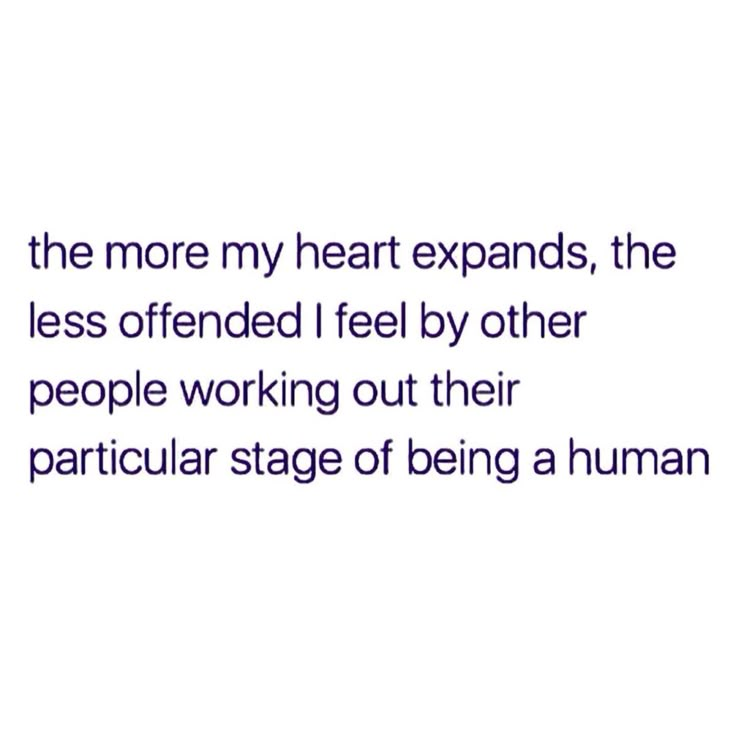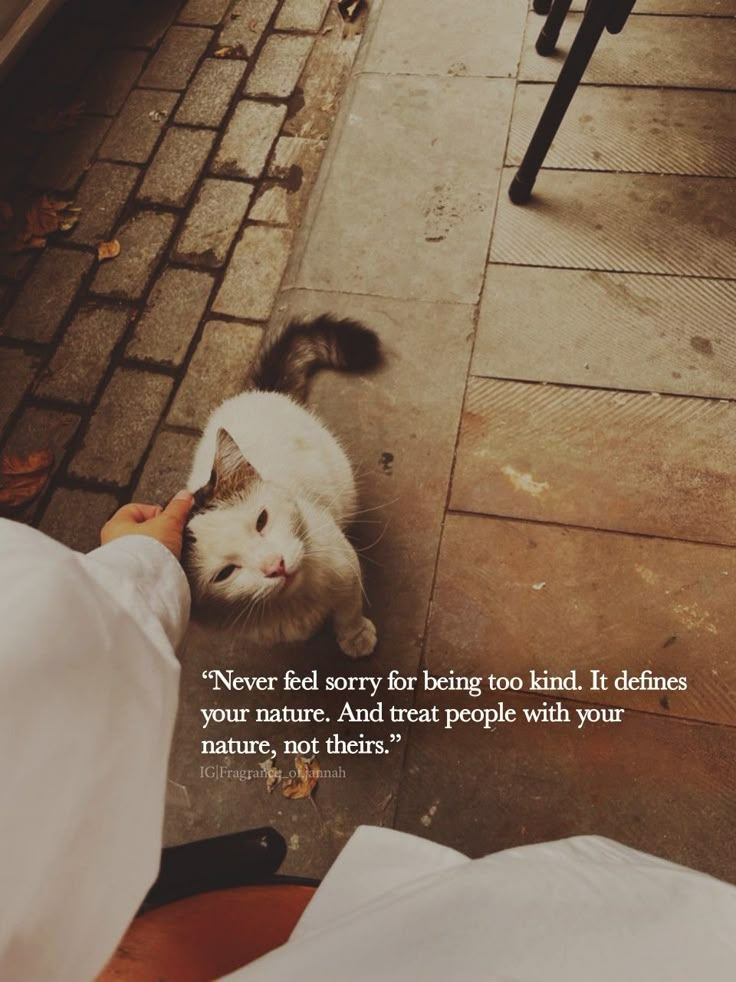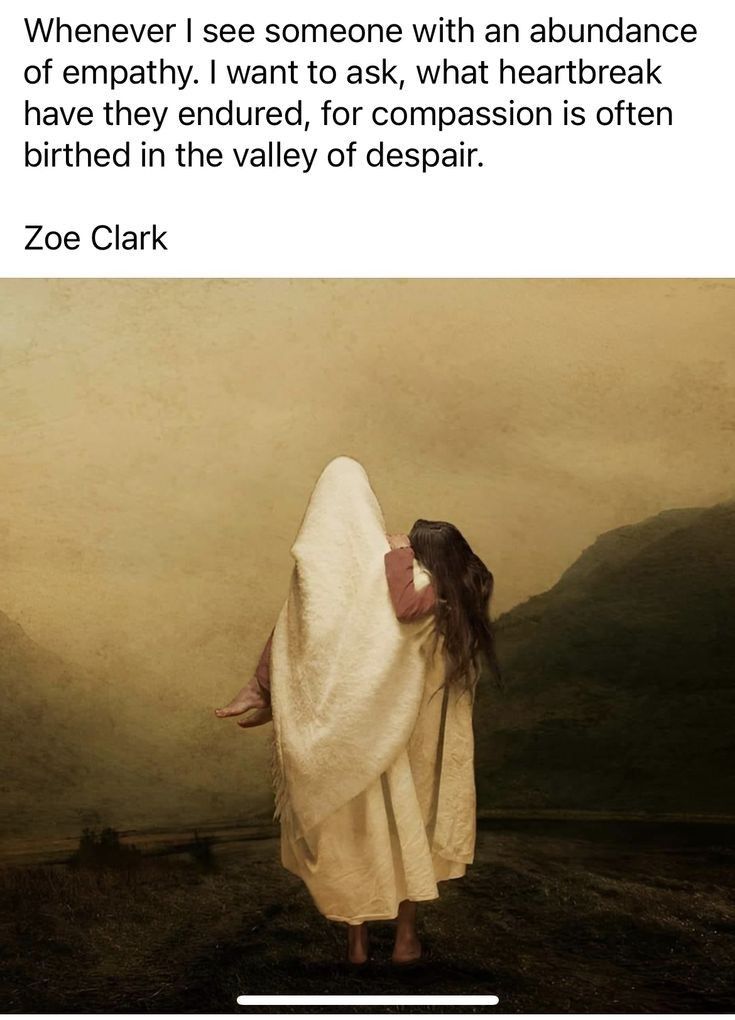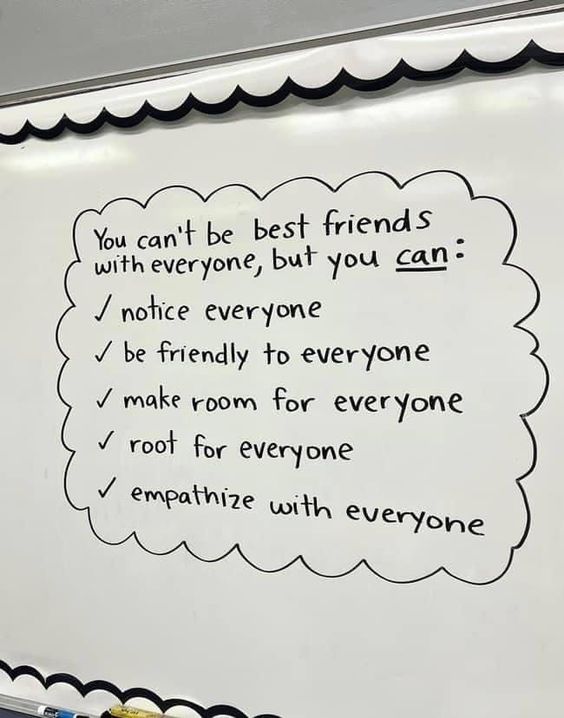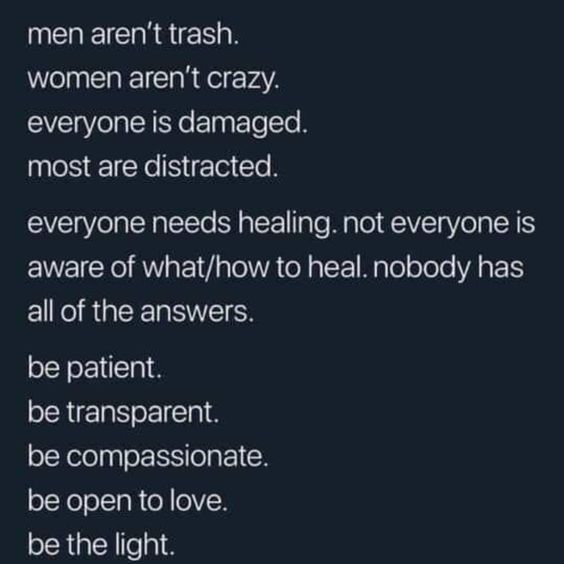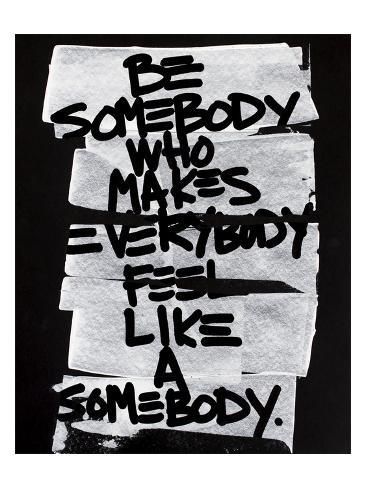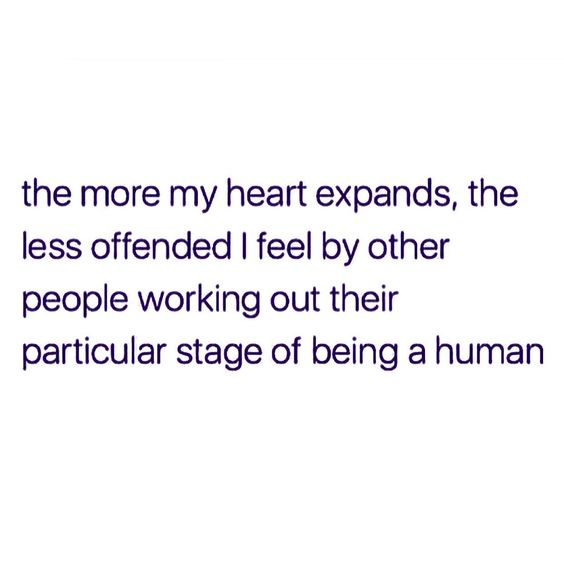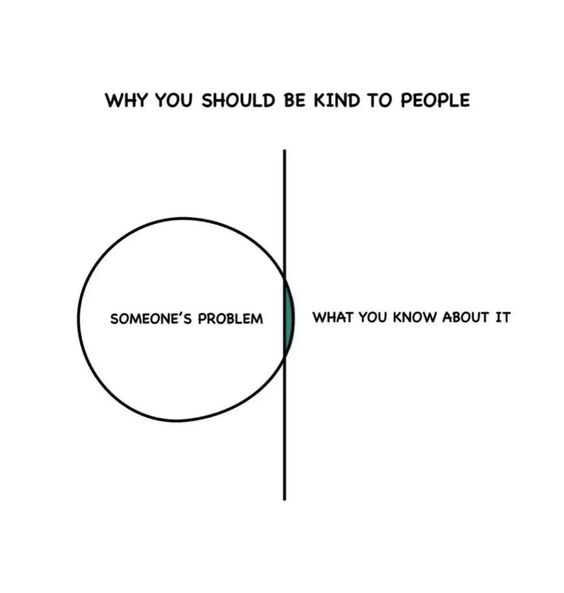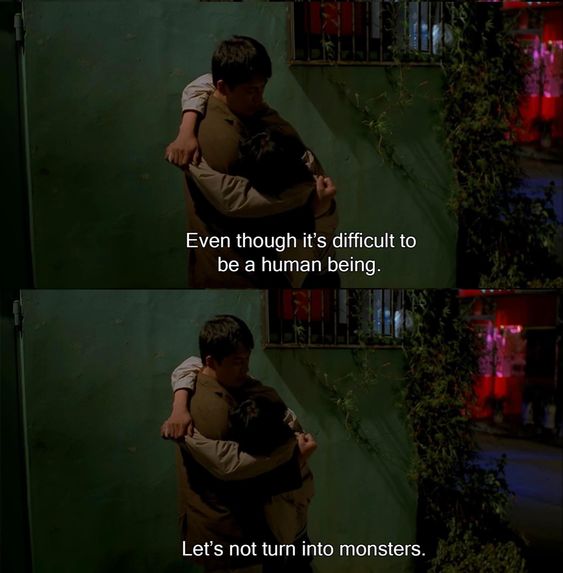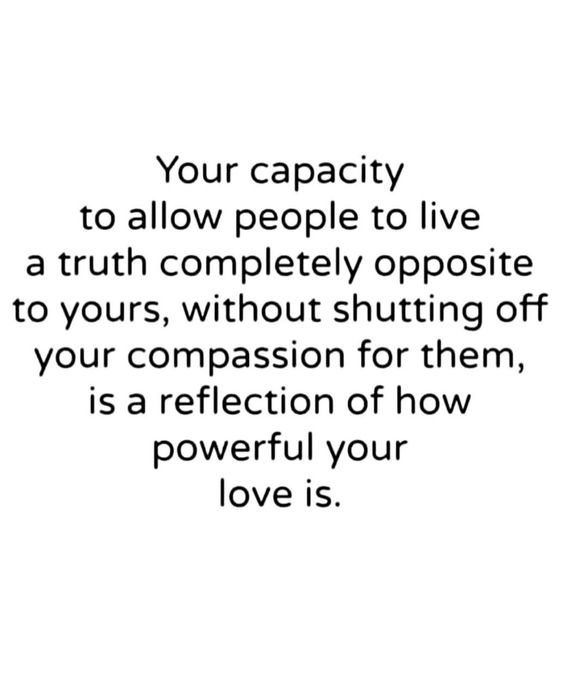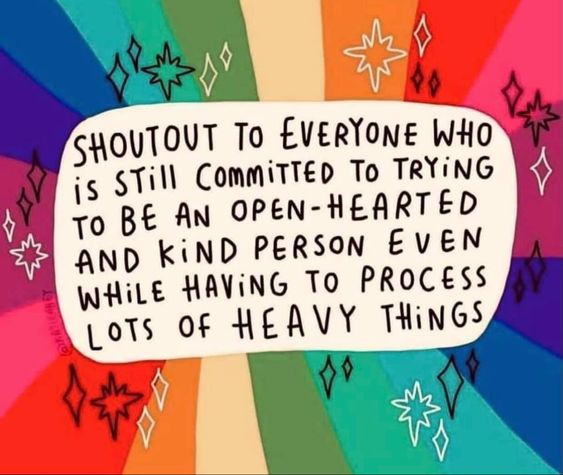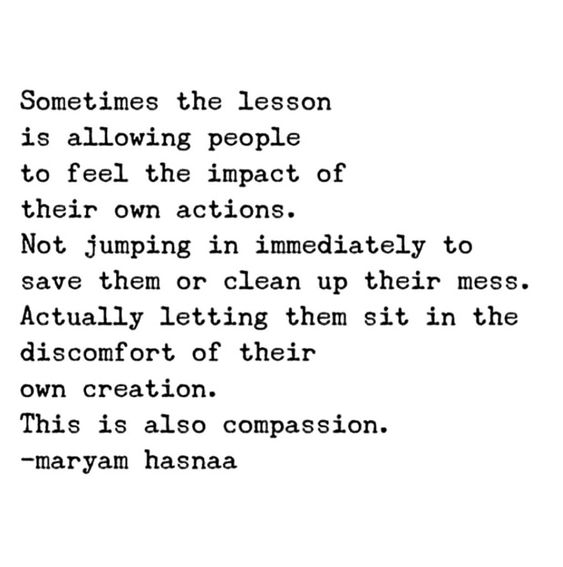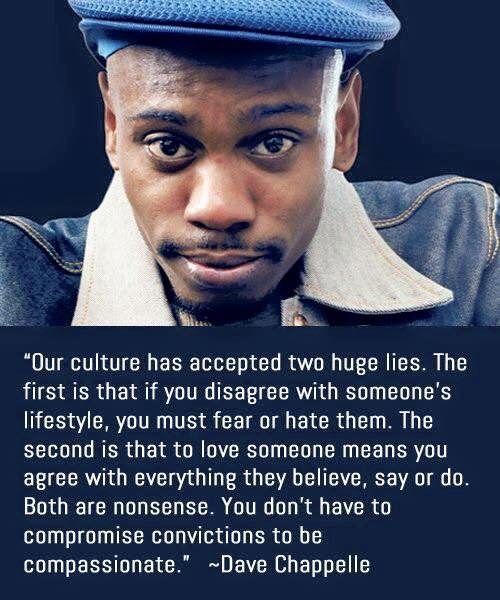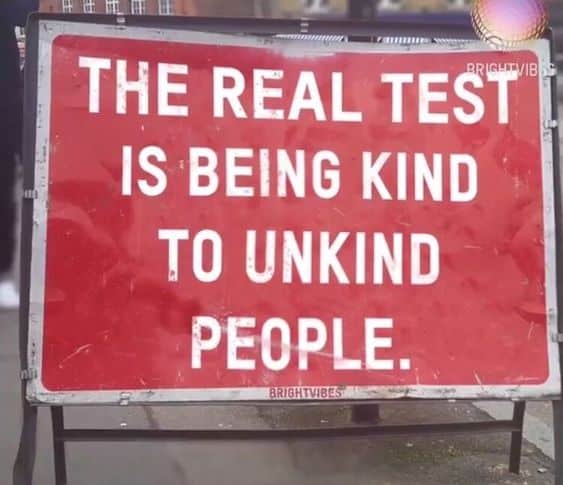“‘Robots are not people. We’re machines, and machines are objects. Objects are its.’ ‘I’d say you’re more than just an object,’ Dex said. The robot looked a touch offended. ‘I would never call you just an animal, Sibling Dex.’ It turned its gaze to the road, head held high. ‘We don’t have to fall into the same category to be of equal value.'”
Becky Chambers, A Psalm For The Wild-Built (Page 69)
“We are all born into debt, a social debt. We have been given life and the opportunities for a successful life that are in no way our own doing. So, turn it around. Take the initiative to set up the success of others, even if the favor is never returned. Take those daily, easily avoidable opportunities to reach out. Pay it forward, donate your time, resources, energy, and money to something or someone, and it will be meaningful. These acts of the heart can be small, subtle, even unnoticed; but know that you seized a chance to positively affect someone else. You will learn, and most importantly feel, that compassion and kindness are the highest form of human emotion, the form that comes with the highest dividends, taking you closer to the victorious spirit and your win within.”
Bert R. Mandelbaum, MD, via The Win Within (Page 120)
“When the Hasidic pilgrims vied for who among them had endured the most suffering who was most entitled to complain, the Zaddik told them the story of the Sorrow Tree. On the Day of Judgment, each person will be allowed to hang all of his unhappiness on a branch of the great Tree of Sorrows. After each person has found a limb from which his own miseries may dangle, they may all walk slowly around the tree. Each is to search for a set of sufferings that he would prefer to those he has hung on the tree. In the end, each man freely chooses to reclaim his own personal set of sorrows rather than those of another. Each man leaves the tree wiser than when he came.”
Sheldon B. Kopp, If You Meet Buddha On The Road, Kill Him! (Page 17)
“Love is not just a form of care, it also carries essential wisdom, it teaches the liberating lesson that it if you seek to be truly free you have to enhance your perspective so that more beings are encompassed by your compassion. Having love for all beings does not mean you have to be friends or agree with everyone, it simply means that you are no longer interested in directly or indirectly harming others.”
Yung Pueblo
“When we remember that the people we stumble
into on a day-to-day basis are all
just works-in-progress, it gives us permission to have
greater patience, compassion and love towards
them. Not unlike ourselves, they’re trying to pilot
the plane while they build it. They’re learning as they
go. Failing more often than succeeding.
And, at times, finding themselves desperately
close to giving up. If we have one single
responsibility as humans, it’s to love (or at the
very least respect) one another through this
work-in-progress. It’s being empathetic
to the fact that nobody is exactly who they want to be,
nor where they want to be, but they’re working
like hell to get there.”
Cole Schafer (January Black), One Minute, Please? (Page 21)
